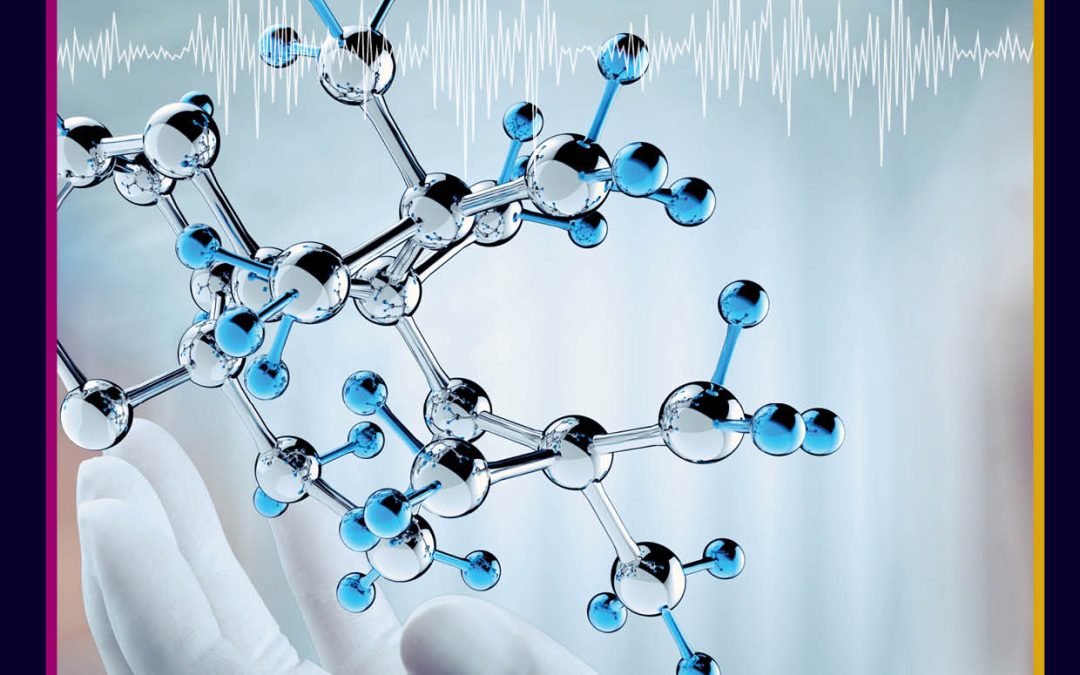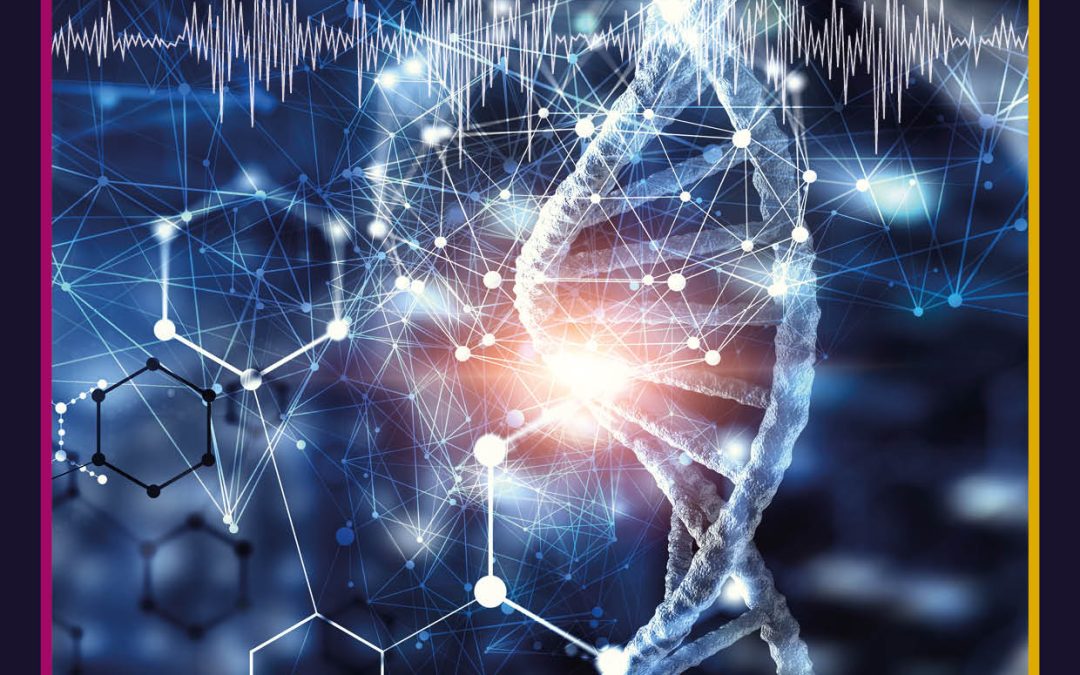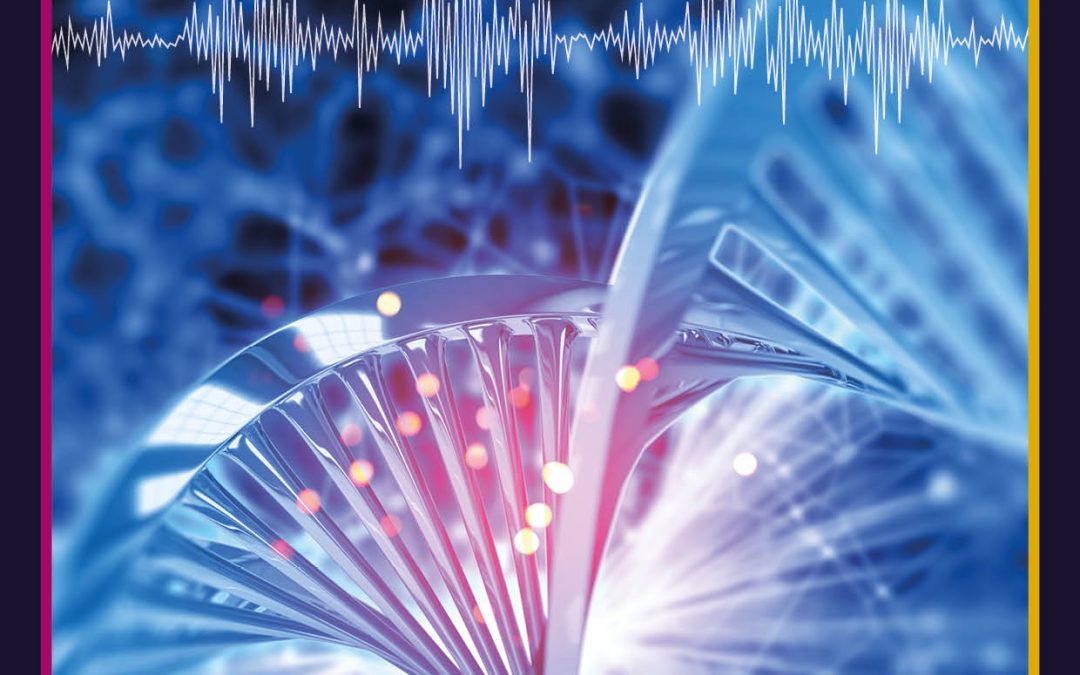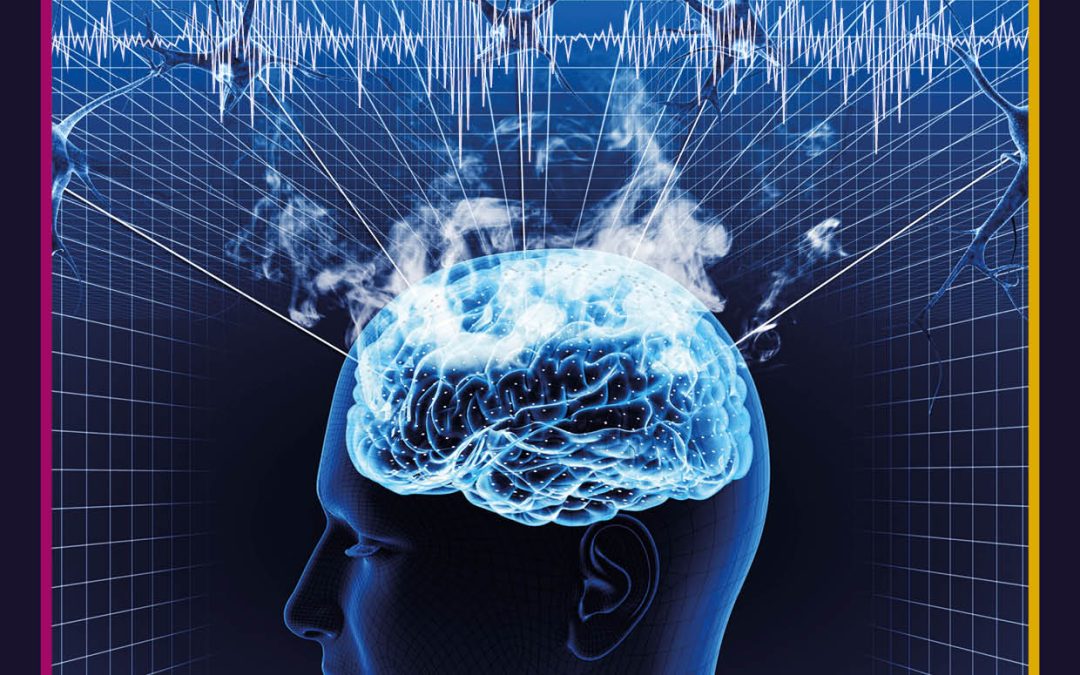
by admin | May 4, 2022 | arts and humanities, arts and humanities animated, health and medicine, health and medicine animated, research animated
Humanity is facing many challenges, ranging from COVID-19 to climate change, and from natural resource depletion to social inequity. The Prince Mahidol Award Conference is an annual event held in Bangkok, where leaders and experts meet to discuss global challenges. This year, the theme was ‘The World We Want: Actions Towards a Sustainable, Fairer and Healthier Society’.

by admin | Apr 27, 2022 | biology, health and medicine
All women are exposed to oestrogen from puberty through menopause. Oestrogen is a natural hormone that is important for breast development and the maintenance of tissues in women but is also linked to an increased risk of breast cancer. As many as 1 in 8 women in the USA will be diagnosed with breast cancer over their lifetime, and the majority of these breast cancers are sensitive to oestrogen. Dr Joseph Jerry and his collaborators at the University of Massachusetts are studying the environmental exposures and genetic differences that alter the consequences of exposure to oestrogens.

by admin | Apr 27, 2022 | health and medicine
Mechanical ventilation is a medical treatment that artificially enables the body to breathe. Despite being a potentially life-saving intervention, there are concerns it can cause damage to vital organs, such as the brain and lungs. Dr Thiago Bassi from Simon Fraser University in Canada, has undertaken a review of published studies in this field. His findings indicate a potential link between ventilator usage and cognitive impairment whilst highlighting the need for further research.

by admin | Apr 25, 2022 | biology, health and medicine
Covalent drugs are molecules that irreversibly bind to specific, targeted sites in the body. They work to inhibit the disease-causing functions of certain proteins by preventing them from interacting with other substances. This is a highly promising field of drug development and the focus of Dr Mikail Abbasov from Cornell University, New York, USA. By creating and utilising new technologies and through collaborative research, Dr Abbasov has mapped novel molecular targets for potential covalent drugs to treat ailments ranging from cancer to autoimmune diseases.

by admin | Apr 25, 2022 | biology, health and medicine
Cancer can be caused by genetic mutations or epigenetic alterations, which are changes to the way DNA is processed, rather than to the DNA itself. These changes can be brought about by obesity, and more specifically, oxidative stress and consequent reactive oxygen species. However, the molecular mechanisms by which this occurs are not well understood. Dr Aliccia Bollig-Fischer from Wayne State University School of Medicine in Michigan is studying these processes and paving the way for the development of novel cancer therapeutics.

by admin | Apr 21, 2022 | biology, health and medicine, social and behavioural sciences
Stress produces numerous negative effects on the human body. Lying deep within the brain, one particularly sensitive area is the hippocampus, where chronic exposure to stress hormones can lead to the degeneration and death of neurons. Thankfully, the brain holds defence mechanisms that block some of these negative effects. Deciphering these mechanisms with the aim of better treating neurodegenerative diseases and depression is Dr Y. Peng Loh from the Eunice Kennedy Shriver National Institute of Child Health and Human Development in the USA.






